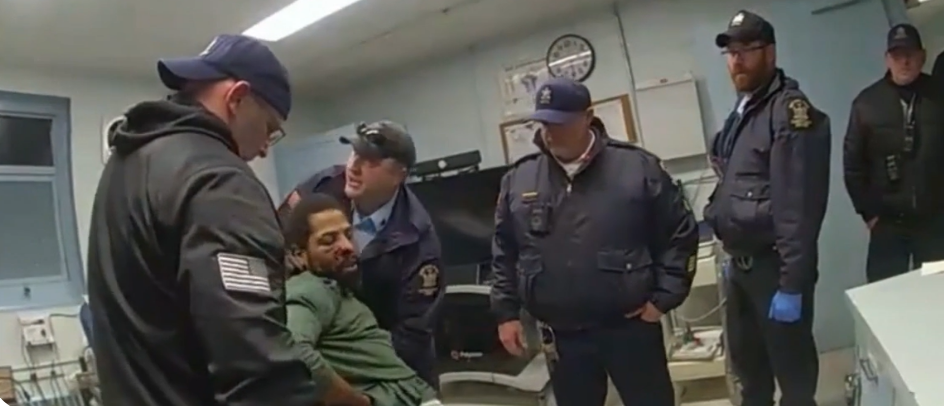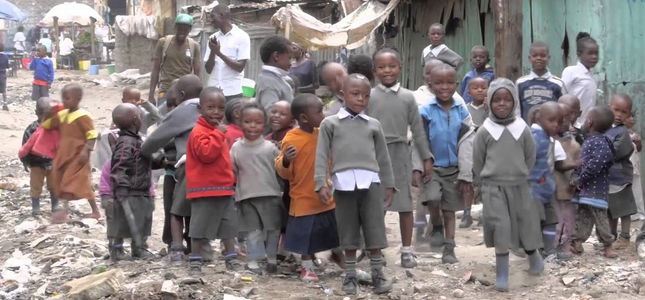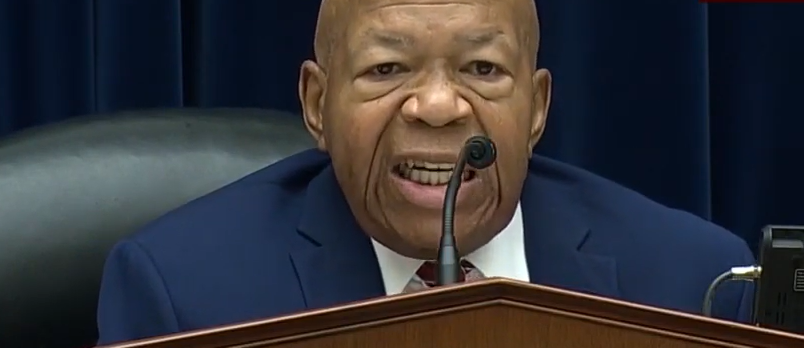President Trump. Reckless ignoramus pulled U.S. from Paris Climate Accord. Photo: Gage Skidmore.
[Future Hope]
For over 50 years I have been a progressive activist and organizer, and for the last 15, a climate activist. Over these years I’ve always known that my upbringing in a family that took seriously the teachings and life example of Jesus of Nazareth had a lot to do with why I chose this course.
Over recent years the importance of that spiritual grounding resurfaced as I’ve interacted regularly with people of various faiths within the Interfaith Moral Action on Climate (IMAC), a group I helped found a number of years ago.
IMAC is the only social change group I’ve ever been in which begins and ends meetings and conference calls with a prayer, and I’m often moved by them. Without question, this practice helps to keep us all more humble, less ego driven, and more focused on figuring out how we can most effectively work together to preserve, in the words of an IMAC document, “what we variously call God’s Creation, Mother Earth, or simply, Earth, our one and only home.”
My family religious roots are deep. My father and both of my grandfathers were ministers in the Church of the Brethren. Growing up, I went to church every Sunday. For close to 20 years of my life in the eighties and nineties, I was a regular attendee and church council member of the Bethlehem Lutheran Church in Brooklyn, New York.
Since then, up until a couple of years ago, I’ve not been a regular churchgoer, but I haven’t lost my belief in the importance of the teachings and example of Jesus. I sometimes carry and read a pocket Bible when traveling, and a favorite book is God Makes the Rivers to Flow: Selections from the Sacred Literature of the World by Eknath Easwaran. Many times in the years since I accidentally discovered it, its pages have helped when my spirit has been down and I’ve been in need of inspiration.
Even so, I’ve never been much of a praying person. The one big exception is the long fasts I have undertaken in past years, including three long fasts between 2007 and 2009 on the climate crisis. During those times without eating, I came to appreciate Gandhi’s words that “fasting is the sincerest form of prayer.”
For myself and many others, the natural world – in the woods, in the mountains, by the sea, in the desert, by rivers and lakes, in urban or suburban parks – is where we can feel connection to something much greater than ourselves and can gain perspective and strength for struggle.
As John Burroughs wrote, “Familiarity with the ways of the Eternal as they are revealed in the physical universe certainly tends to keep a man sane and sober and safeguards him against the vagaries and half-truths which our creeds and indoor artificial lives tend to breed.”
Albert Einstein wrote about a sense of awe and wonder about the natural world that he considered to be at the heart of what makes us who we are: “The most beautiful experience we can have is that of the ‘mysterious.’ It constitutes the fundamental emotion that lies at the origin of true art and science. Anyone who does not know this and is no longer capable of asking questions, anyone who is incapable of wonder, is as if dead, with eyes covered by a blindfold. An understanding of the existence of something that we cannot penetrate and our primitive perceptions of the most profound reason and the most radiant beauty – this understanding and this emotion are what constitute true religious sentiment.”
Many people who are religious would say that this sense of the unknown, the mysterious, is really a path to belief in God. That is certainly true for me, though I prefer to call “God” the Great Spirit.
I find it very difficult to see how people can find inner peace, the strength to struggle day to day and for years to come, if they do not take time to connect with the natural world wherever they are.
It can be found in urban settings too, in parks, in open green spaces, along rivers. Indeed, one of our responsibilities as citizens of the world is to increase the amount of green space available to city-dwellers to help all of us make the connections to nature that are so essential to emotional and spiritual health.
A conscious development of a closer connection to nature is an essential component of what the human race needs, I believe, if we are to appreciate how we are a part of nature, not lords over it, and that our powers are limited and finite. This humble appreciation, this consciousness, is absolutely essential if we are to have a chance of avoiding the Great Catastrophe.
Can we count upon the natural world to maintain our spirits when we fully understand, when we actually experience, significant changes to the Earth as it continues to heat up and we experience more and more destructive extreme weather events – which will happen for a long time to come no matter how strong our efforts? Yes, I think we can.
It’s not as if the natural world as we have known it is going to completely change within a few years, or even a few decades. The sun and the moon will still come up; waters, by and large, will continue to flow; green things will grow and woods and forests continue to exist. But there is no question that the news about what is happening in the world, to the world, as the heating process unfolds, is overwhelming.
Considering the evidence, it’s easy to feel that there’s little chance that the human race is up to turning things around in enough time to avoid catastrophic climate change. Yet my participation in IMAC has led me to reflect on the saying, “All things are possible with God.”
Maybe the human family needs to experience, collectively, a sense of hopelessness about our future after experiencing weather disaster after weather disaster. Perhaps that hopelessness will lead us to recognize that the strength we need to bring about change requires tapping a power much stronger than the fossil fuel industry and its allies in the corporate and governmental worlds.
We don’t know exactly when and how that mass sea-change in understanding will take place. In the meantime, those of us who understand how bad our situation is, particularly those of us who are spiritually grounded, must continue to speak out and take action.
Ted Glick has written a longer article on this subject, Religion, Revolution and Higher Love. Past writings of his can be found at https://tedglick.com, and he can be followed on Twitter at https://twitter.com/jtglick







